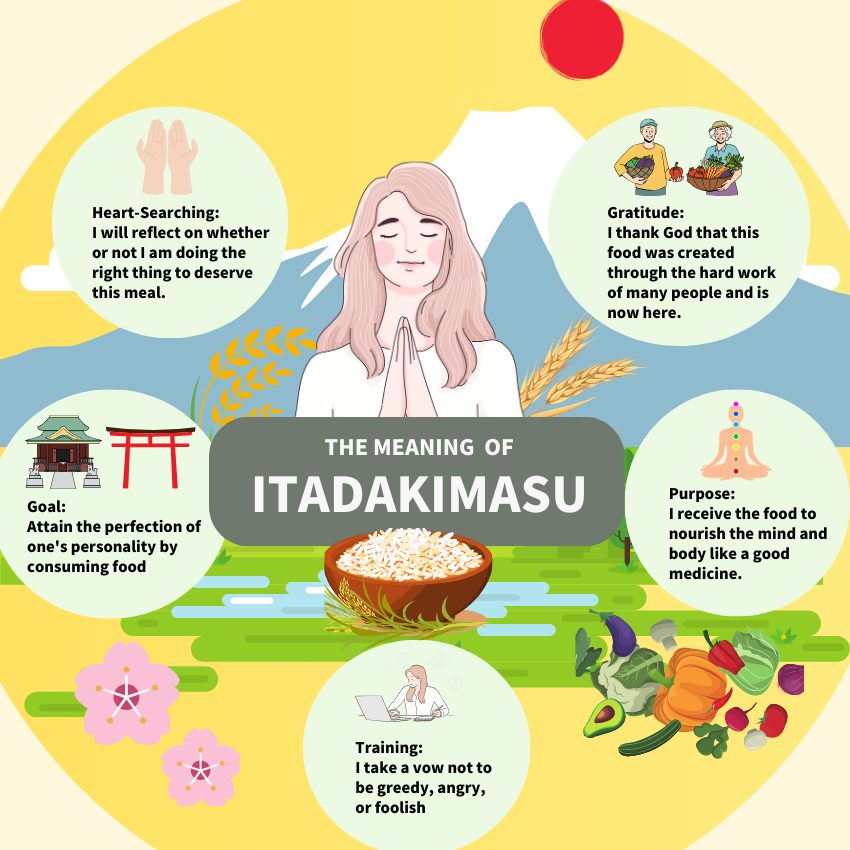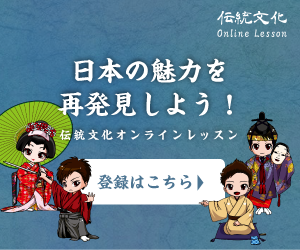In response to the recent rise in the number of foreign visitors and immigrants to Japan, it is important to understand and respect each other's manners, especially when living and working together. What is common in Japan might seem rude or unusual to foreigners. We are here to cherish this aspect.
Dining Manners
Table manners and food consumption vary from country to country. Food is a delightful way to bring people together, as Japanese, we inherit manners from our past and remember this heritage. We take joy in our food culture and welcome its shared happiness. Here are some everyday manners we follow while eating in Japan;
- Table Manners:
- Essential to show proper etiquette, using both hands when eating, lifting dishes or bowls towards you, and then bringing food to your mouth.
- Essential to show proper etiquette, using both hands when eating, lifting dishes or bowls towards you, and then bringing food to your mouth.
- Chopstick Rest:
- Chopsticks should be placed horizontally in front of your plate, both beginning and after eating. The rest vary across Asian countries. Chopsticks are essential for picking up and eating food. One can consider proficient in using chopsticks when one can easily transfer a soybean from one plate to another.
- Chopsticks should be placed horizontally in front of your plate, both beginning and after eating. The rest vary across Asian countries. Chopsticks are essential for picking up and eating food. One can consider proficient in using chopsticks when one can easily transfer a soybean from one plate to another.
- How to Enjoy Meals:
- Meals are prepared and served with the intention of satisfying and delighting you. It is a time for us to appreciate the food and not waste it. Leaving food unfinished or on the table is considered impolite.
- Meals are prepared and served with the intention of satisfying and delighting you. It is a time for us to appreciate the food and not waste it. Leaving food unfinished or on the table is considered impolite.
- Making Noise:
- Maintaining a quiet and calm demeanor while eating is highly valued.
- Maintaining a quiet and calm demeanor while eating is highly valued.
- Stirring the Soup:
- Begin your meal by gently stirring miso soup or broth before drinking it. This practice shows respect for the food and efforts put into its preparation.
- Begin your meal by gently stirring miso soup or broth before drinking it. This practice shows respect for the food and efforts put into its preparation.

Itadakimasu and Gochisosama
Our formal practices and teachings passed down from generation to generation, include specific customs surrounding meals. Before eating, we traditionally say "Itadakimasu", a phrase that expresses our gratitude for the food, as well as for those who produced and prepared it.
After finishing a meal, we say "Gochisosama" to show appreciation for the warm hospitality and delicious food we have received.
Close it after use; the bathroom (toilet) door.
Regarding bathroom etiquette, it is a common practice to close both the toilet lid and the bathroom door after use. The same practice extends to other home appliances and utilities involving electricity and water. We are conscientious about resource usage, so it's important to be mindful to ensure everything is closed or turned off after use.

Norms In Workplace
Presentability and Appear Well
It has been one's custom to always present oneself well in the workplace. This includes daily practices like taking showers or baths, not just for cleanliness, but also to relieve fatigue and feel refreshed.
Transportation Benefits
As part of the treatment for workers, many Japanese companies provide transportation allowances in addition to their salaries. It is offered to both part-time and other non-regular workers as well. This support is given to foster a worker-friendly environment and to ease the burden of commuting expenses.
Notice Period for Employment Termination
Japanese law mandates a grace period of at least 30 days between issuing a termination notice and the actual termination of employment. Companies can not dismiss employees immediately unless there are severe circumstances caused by the employee. Depending on their employment contract, employees may also be entitled to social work insurance.
Gender Gap in Social Advancement
Although diversity is increasingly promoted and women's societal advance is gaining attention in Japan, there's still a significant gap compared to Western countries. In some traditional companies, and areas of society, the mindset of "men work, women stay at home", persists, and slowing a pace of change in gender equality.
Working Overtime Due to Pressure
Some individuals feel pressured to work overtime, especially if leaving before their supervisors is seen as inappropriate. There is a prevailing belief that "those who work overtime are dedicated to their job." Historically, working overtime to please one's boss was deeply ingrained in our cultural norm. However, this issue of excessive overtime and long working hours is being addressed. There are efforts to correct this trend by implementing work style reformations and emphasizing the importance of quality time with family and friends. This movement also recognizes that working overtime might indicate inefficiency in completing tasks on time.
Workplace Social Gatherings
The term "Nomi-nication", a blend of "Nomu" (to drink) and "Communication," is a traditional practice in Japan where drinking sessions are used as means of communication in the workplace. The gatherings were seen as opportunities for individuals to open up and share their feelings more freely. However, this cultural practice is also changing. It is increasingly viewed as time-consuming and unproductive, particularly as it occurs outside regular working hours. Additionally, the introduction of alcohol-free products caters to those who do not consume alcohol, creating a more inclusive environment. One can take that nomi-nication is a rare event. Some companies are shifting towards organizing welcome lunches or parties during regular lunch hours, moving away from the traditional after-hours drinking sessions.
Embracing Cross-Cultural Communication

This section explores the understanding, and appreciation of cultural differences in communication. Norms in Japan might not align and the same elsewhere, and there's a risk of unintentionally making others feel uncomfortable. However, as someone from overseas, people understand you come from a different background. Being aware of these differences and learning about the culture is better than avoiding social interactions due to fear of misunderstanding.
Aizuchi: Positive and Agreeable Responses
Our conversations in Japanese could appear unique in front of foreigners. The use of "aizuchi" during conversations is common in Japan. It involves giving small, affirming responses during the conversation to show you are actively listening. This might seem like interrupting, but it's not. People express their intentions both directly and indirectly through words. This is the cultural practice that reflects a deeper, tacit understanding where words often carry indirect meaning. It is a knowledge difficult to express or extract. In Japanese work culture, Aizuchi is the technique to show your confidence in understanding Japanese. It is a way of showing responsibility and understanding of the speaker's intentions, demonstrating you have grasped the meanings in communication.
Frequent Use of "Excuse Me (Sumimasen)"
The phrase "sumimasen" in Japanese conveys multiple meanings and It is versatile. It can be used for apologizing, attracting attention, and expressing humble gratitude. It's appropriate in many minor situations and is a common phrase in the everyday Japanese language. You will hear the phrase used many times in conversations in Japan.
The Role of Small Talk in Communication
Japanese people rarely engage in conversations with strangers unless there's a specific reason. This initiating casual conversations might differ from other cultures where small talk is more commonplace such as while waiting for the bus, riding an elevator, or queuing up in the supermarket. Understanding and respecting this aspect of Japanese communication style can help you better navigate social interactions.
If you are more interested in living in Japan
If you become more interested in learning and finding a job in Japan, click below article for further information.




